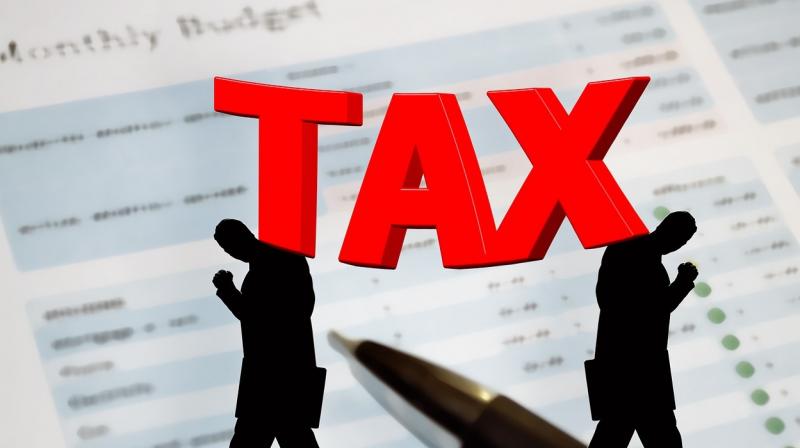Why you should file Your Income Tax returns

It’s July, and that means it’s time to file your income-tax returns. For those who became tax payers recently, the deadline for filing returns is July 31 for the financial year gone by, that is, FY2018-19 which ended on March 31. What is a tax return? Simply put, it is the statement of tax that you have paid to the income-tax department. By filing your tax returns, you can also reclaim the excess tax that you might have paid with interest. Let’s take a look at the benefits of filing tax returns regularly.
PENALTIES FOR LATE FILING
There are now clear penalties for being late in your return filing. If you miss the July 31 deadline, you have the option of filing your returns by December 31, 2018 with a penalty of '5,000. If you file after December 31, your penalty would be Rs 10,000. However, if your income is under Rs 5 lakh, the penalty for late filing is fixed at Rs 1,000. If you need to file a belated return having missed the July 31 deadline, you must do so by March 31, 2019. You can also file a belated return to correct errors in a previous filing. However, if you miss the March 31 deadline as well, you would have to get into a bit of trouble. For missing the returns filing for AY 2018-19, you must file a Condonation of Delay request to the Income Tax Department. Such an application needs to be filed within six years from the end of the Assessment Year (AY) in which the returns had to be filed. For AY 2018-19, the deadline would be March 31, 2024. But it is advisable you do not go such extreme lengths with your ITR filing and finish the job before the July 31 deadline.
WHO MUST FILE RETURNS?
Individuals of the following age and gross annual income must file their returns — those under 60 earning Rs 2.5 lakh or more, those between 60 and 80 earning Rs 3 lakh or more, and those above 80 earning Rs 5 lakh or more. If you are an NRI with an income of Rs 2.5 lakh in the last year, you need to file a return too. Regardless of the brackets mentioned here, you should file your returns to reclaim excess taxes paid.
NO INTEREST-FREE RETURNS LATER
Suppose you have paid excess taxes by the way of Tax Deducted at Source (TDS) or through Advance Tax. You can file your returns by July 31 to reclaim the excess taxes. By filing within the deadline, you will receive your refund with interest calculated at the rate of 0.5 per cent per month starting from April 1. However, if you have missed the deadline, and if you have a tax liability, you will need to file belated returns and pay your taxes along with a simple interest of one per cent per month on the outstanding due, calculated from the July 31 deadline.
DIFFICULTY IN TAKING LOANS & CREDIT CARDS
Whenever you are in the market for a loan or a credit card, you need to prove your repayment and income-generating capacity to the lender. As part of your application, you need to submit proof of income. Your income tax returns statement reveals your past earnings and taxes paid. You may be required to provide the ITR statement for the more recent assessment years. If you haven’t filed your ITR for those years, you may find it difficult to get a loan.
REQUIRED FOR VISA APPLICATION
Many countries such as the United States require visa applicants to show proof of income. This helps in assessing the visa applicant’s ability to pay for their own trip and to establish that they have the requisite funds to complete their journey and return home. The applicants can use their ITR statements as one of the proofs of income. It may not be mandatory to furnish the ITR statement for a visa application but it may help build your case and get you the visa approval.
CARRY FORWARD LOSSES
The Income Tax Act allows you to carry forward your capital losses such as those from sale of property, equity, mutual funds, gold etc. These capital losses can be carried forward for eight consecutive years and can be offset against future income and gains, thus helping you reduce your taxable income in those years. To avail this benefit, you need to have filed your ITR every year without break. Even if you don’t have a taxable income, you may still have capital losses that can be carried forward. Therefore, you must file your ITR even in the years when your income is not taxable.

